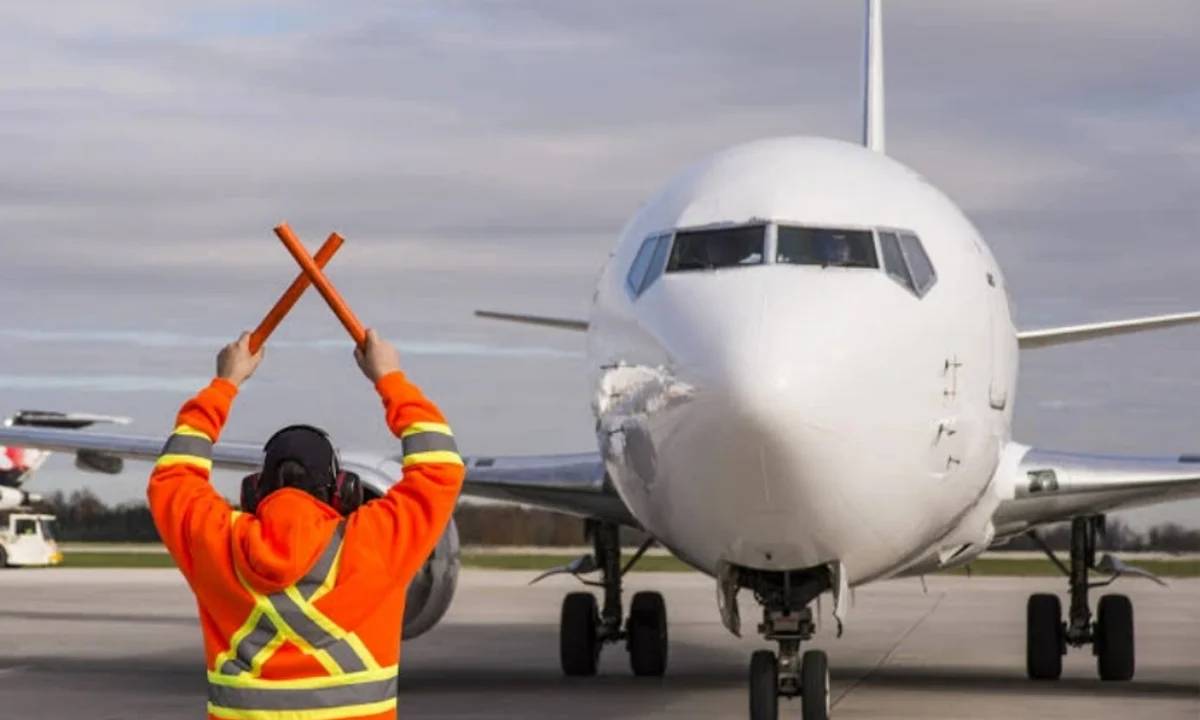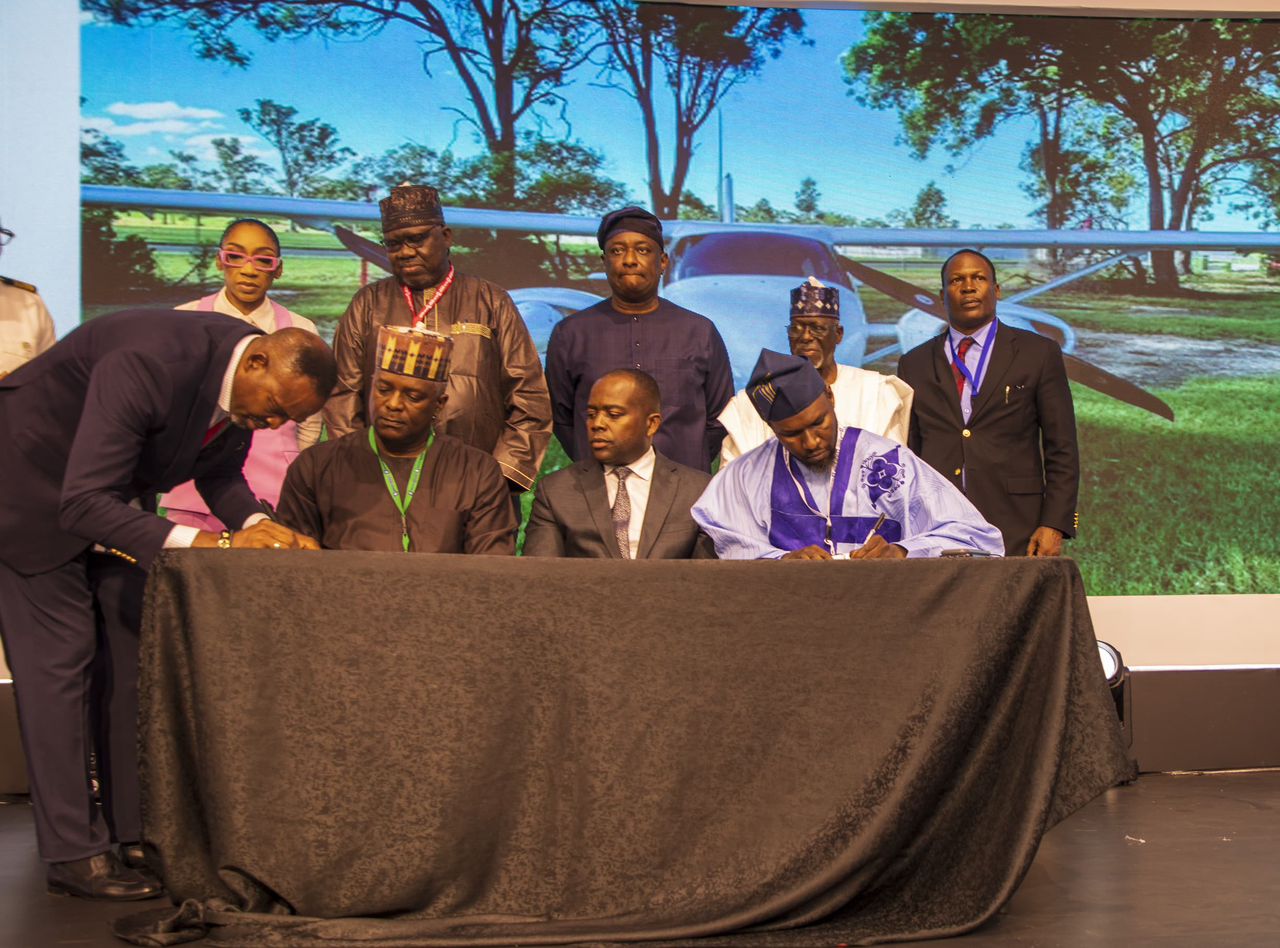National Association of Aircraft Pilots and Engineers (NAAPE), the umbrella body of pilots and engineers in Nigeria, has challenged Sen. Orji Kalu to either substantiate his allegation of marijuana consumption or withdraw his statement against the pilots.
NAAPE, in a statement on Friday by its Public Relations Officer (PRO), Engr. Blessing Ahmadu, described the allegation as baseless, saying that it constituted a malicious attack on the professionalism, integrity, and reputation of Nigerian aviation professionals.
Kalu, on the floor of the Senate on Wednesday, had alleged that some Nigerian pilots “smoke Indian hemp and operate aircraft while under the influence of drugs.”
The statement quoted NAAPE President, Capt. Bunmi Gindeh, as saying that the allegation was false and represented a dangerous misrepresentation of the rigorous safety standards that govern Nigerian aviation operations.
Gindeh, therefore, challenged Kalu to immediately substantiate his claims with verifiable evidence presented to the appropriate statutory government agencies, such as the Nigerian Civil Aviation Authority (NCAA) and the Nigerian Safety Investigation Bureau (NSIB), or issue an unreserved public withdrawal and apology to the nation’s aviators.
Gindeh declared that as the professional body representing all licensed pilots and aircraft engineers in Nigeria, NAAPE considered safety as the foremost priority in all aspects of aviation practice.
According to him, every pilot in the country was bound by strict regulatory, medical, and ethical standards established by the NCAA, in line with International Civil Aviation Organisation (ICAO) requirements.
“These standards prohibit the use of any psychoactive substances and subject pilots to regular and random drug and alcohol testing as part of their medical certification and recurrent assessment processes.
“We also express our confidence in the safety oversight functions of the NCAA and its leadership, whose consistent enforcement of global best practices continues to uphold the integrity of the Nigerian aviation system,” he added.
The statement added that aviation operations in Nigeria involved multiple layers of oversight, including pre-flight medical checks, recurrent simulator training, random toxicology screening, and continuous monitoring by both operators and regulators.
Gindeh declared that Nigeria’s air transport sector remained one of the safest in Africa, a record sustained through strict adherence to international safety standards and continuous professional development.
He maintained that any isolated case of misconduct by an individual, if established, was swiftly met with disciplinary and regulatory action by the relevant authorities.
NAAPE, however, said it recognised Kalu’s right to contribute to discussions on aviation safety, but urged all public figures to avoid making sweeping statements that could cause unwarranted alarm among air travellers, demoralise professionals, and erode public trust.
He said, “It is unacceptable to make unsubstantiated claims against a community of professionals. The burden of proof lies with whoever makes such an allegation, and it must be supported by evidence or withdrawn with a public apology.
“Everyone appears to speak as an aviation expert in this country except the professionals who are trained and certified to do the job. For too long, individuals outside the industry have attempted to define its operations, and one would have expected a former airline operator to understand this better. Sadly, this is not the case.”
NAAPE further invited Kalu and members of the National Assembly’s Committee on Aviation to engage with it or other stakeholders to understand the comprehensive safety framework that governs pilot training, certification, and operations in Nigeria.






